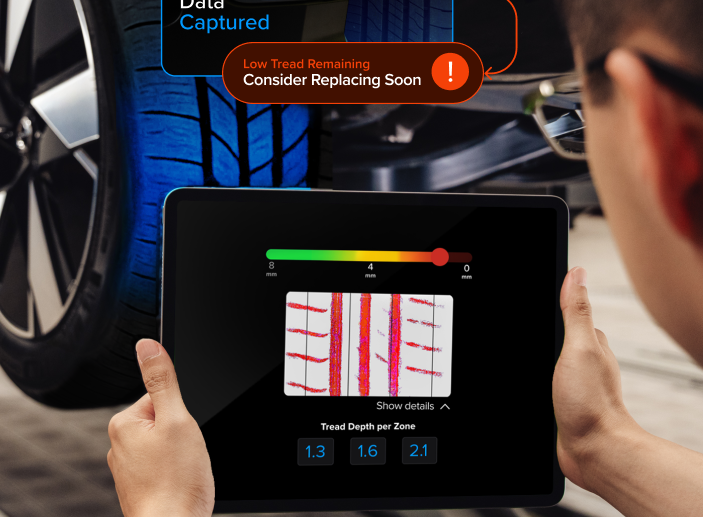
According to a Salesforce poll, data is being significantly untapped
The sheer volume of data being created—both by consumers and by businesses—is growing exponentially. One recent study indicated that in 2020, every person on Earth would generate at least 1.7 new megabytes of data every second. That is a trend that shows no signs of slowing down anytime soon.
In general, this would be a good thing were it not for the fact that organizations still struggle to make use of the rich opportunities that these exploding data volumes can deliver. Another study indicated that almost 1/3 of respondents said they were “overwhelmed” by the amount of data they were working with, which is expected to double in size by as soon as 2026.
In no uncertain terms, it is critical to understand that this is not a problem that will somehow “fix” itself. Organizations, especially those in the automotive industry, need to step up their efforts to extract value and insight from their data now before the amount that they’re working with has a chance to become even more overwhelming than it already is.

Salesforce’s “Untapped Data Research”: Breaking Things Down
Recently, the experts at Salesforce conducted a survey of users that showed just how deep their general lack of understanding as it pertains to their data truly goes. The results, dubbed “Untapped Data Research”, indicated that:
- 72% of business leaders believe that data actively keeps people focused on the things that matter and the day-to-day activities that are most relevant to their organization.
- A further 73% say that data absolutely helps all key stakeholders make better and more informed decisions.
Again, on the surface, this is all positive. However, it also runs counter to the vast majority of business executives who actually use data in their decision-making procedures. They understand why it’s important, but not necessarily where to begin this journey.
According to the same survey, about 67% of respondents claimed they don’t actively use data to decide on pricing, for instance when it comes to the current state of the economy. Furthermore, only 29% of companies use data to guide their strategy when introducing a good or service in a new market.
Even more concerning is the fact that just 17% of respondents use data to help guide their climate targets.
Overall, 41% of organizational leaders are unable to comprehend data because of the data’s inherent complexity, current accessibility, or a combination of the two. 33% say that they don’t know how to generate insights from data at all.

Data and the Automotive Industry
Within the specific context of the automotive industry, the good news is that there are already tools available that can both collect and process data, to the benefit of both consumers and businesses alike.
Take our tire size scanner, for example. It can allow consumers to take their smartphone, tablet, or another mobile device, take a photograph of their car, and instantly find out exactly what size tires they need and whether they are available at a local store. Similar to tire tread depth gauges, tire tread scanners provide accurate readings of tire tread depth, enabling users to decide whether or not to replace worn tires.
All of this information can then be fed back to a local automotive store so the right materials can be on hand before they are needed, making sure that the job can be completed quickly and that the consumer doesn’t have to wait around. License plate scanners and VIN scanners operate in similar capacities.
These are just a few of the many examples of technologies that take the information that is already being created across the automotive industry and collect, process, and feed it to the people who depend on it to make fast and accurate decisions.
Because of that, these types of technologies are only going to play a more integral role in the industry as data volumes continue to expand. Not just in terms of decision-making, but also with regard to boosting sales, getting a better understanding of one’s customers, and everything in between.
While these technologies may only solve one step of a multi-faceted process (the data collection itself), they absolutely help make sense of the ever-increasing and otherwise overwhelming information that automotive industry professionals are dealing with daily.

